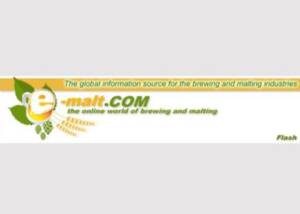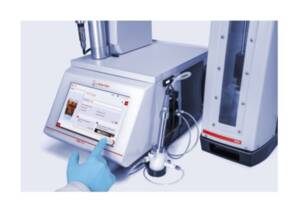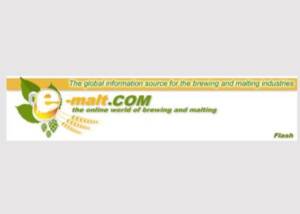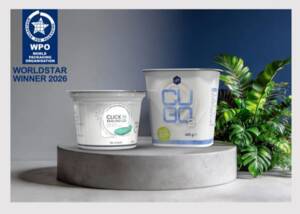Sustainable technology in bottle production
News General news
Jägermeister and Ardagh launch the world's first green glass bottles from the NextGen hybrid furnace

Mast-Jägermeister SE and Ardagh Glass Packaging Europe (AGP Group) are setting new standards in their long-standing partnership. Ardagh has been producing glass bottles for Jägermeister for over two decades. The two companies are now strengthening their collaboration with the aim of significantly reducing the carbon footprint of the characteristic Jägermeister bottle.
“With Jägermeister as our exclusive partner, we are focusing on innovation and scaling it consistently,” says Joris Goossens, R&D Project Manager, AGP-Europe. He adds: "In collaboration with Jägermeister, we are launching our first production campaign for green glass in the NextGen oven. We want to push the boundaries and further develop our experience from the production of amber glass to deliver low-carbon green glass bottles for the spirits sector for the first time."
With the innovative “NextGen Furnace” project, AGP-Europe has successfully commissioned the first hybrid furnace of its kind at the Obernkirchen plant in Germany. Production started at the end of 2023. This advanced technology uses 42 bottom electrodes that enable up to 80 percent electric heating.
The technology has already proven itself in the production of amber glass packaging. Based on the operating parameters of using 60 percent renewable energy for glass melting and a recycling share of up to 70 percent, the CO2 emissions of amber glass packaging have been reduced by 64 percent. The renewable solar energy comes from a Power Purchase Agreement (PPA) with the company Sunnic Lighthouse GmbH and the parent company ENERPARC AG in Germany.
"The signing of a contract for up to 14 million 70cl bottles from the NextGen furnace in Obernkirchen is a milestone in our long-standing partnership with Ardagh Glass Packaging. The production of our green Jägermeister bottles with this new technology aims to reduce CO2 emissions by an estimated 64 percent per bottle1. This would directly contribute to our sustainability goals," explains Carsten Doliwa, Vice President Procurement at Mast-Jägermeister SE.
Jägermeister is aware that the majority of CO2 emissions occur in Scope 3, i.e. in areas that are not directly controlled by its own operating activities. The company is working hard to find solutions to reduce emissions here and thus make its contribution.
It is therefore also a sustainability goal of Mast-Jägermeister SE to reduce CO2 emissions from primary packaging by 50 percent by the end of 2030. As bottle production accounts for more than 30 percent of Jägermeister's total emissions, this cooperation is a decisive step towards achieving this goal.
"The collaboration with Ardagh Glass Packaging shows how climate protection and brand identity can be combined through technology. We are proud of this collaboration. As more than 90 percent of our emissions are generated in the supply chain, this project is a key lever for achieving our ambitious climate targets," adds Christopher Ratsch, Member of the Management Board of Mast-Jägermeister SE.










